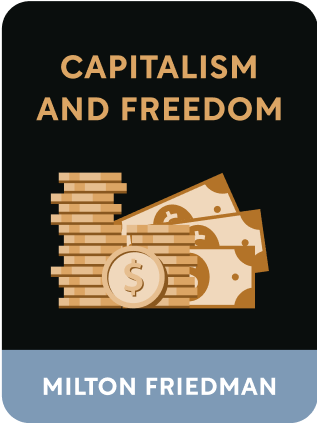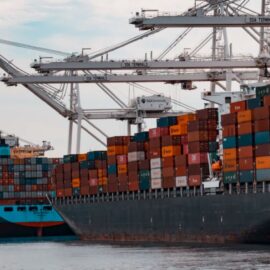

This article is an excerpt from the Shortform book guide to "Capitalism and Freedom" by Milton Friedman. Shortform has the world's best summaries and analyses of books you should be reading.
Like this article? Sign up for a free trial here .
What are the problems of trade unions? Why does Milton Friedman argue that trade unions can be harmful to industry?
The problems of trade unions arise when unions become so powerful that they gain full control of the labor market. Additionally, labor unions can operate as wage suppressors, hurting workers and the market.
Read more about the problems of trade unions according to Milton Friedman.
Labor Monopoly and the Problems of Trade Unions
A labor monopoly is when a set of workers in an industry gains full control of its labor market. This is usually achieved through labor unions and “closed-shop” contracts, which stipulate that all employees hired by management must be members of the union (a topic we explored in the last chapter). With a labor monopoly, unions can demand higher wages of employers, the costs of which ultimately get passed along to consumers. This is one of the problems of trade unions.
As with industrial monopolies, however, labor monopolies are rare. The vast majority of unions simply lack the kind leverage necessary to exert this level of control. But even without a monopoly, there is a special danger that a heavily unionized workforce in a key industry can collude with the owners of capital in that industry (who would traditionally be the adversaries of labor) to drive up prices for consumers.
This is precisely what happened with the United Mine Workers (UMW) and the coal companies during the 1930s. The UMW scheduled strikes or work stoppages in order to halt the production of coal whenever the supply of coal in the market got too high. This had the effect of driving prices of coal up—with the union and the mine owners sharing in the profits of this collusion.
Labor Unions: Wage Depressors
Although labor monopolies are rare, unions still influence the structure of the economy in important ways. Because of their collective bargaining power, unions drive up the price of labor in the industries where they are most prevalent. But by raising the “price” of labor, unions drive down the demand for labor in those industries—just as price increases in any industry cause buyers to either reduce overall demand or seek substitutes.
By reducing employment in one sector, unions then drive people to seek work in other sectors. This makes the labor markets in those sectors more competitive. Because employers in those industries have more workers competing over the same number of jobs, the result is to reduce wages in those non-unionized industries.
Labor unions tend to be most prevalent and powerful in those industries that feature a highly skilled labor force (which would likely receive higher wages even without the union) and weakest in those industries dominated by a low-skill workforce. Thus, the real effect of unions is to enrich highly skilled, highly paid labor at the direct expense of unskilled workers.

———End of Preview———
Like what you just read? Read the rest of the world's best book summary and analysis of Milton Friedman's "Capitalism and Freedom" at Shortform .
Here's what you'll find in our full Capitalism and Freedom summary :
- The key principles from Milton Friedman's Nobel Prize-winning book
- Why capitalism functions best when it is freed from government restraints
- How forced redistribution schemes are morally unjust






